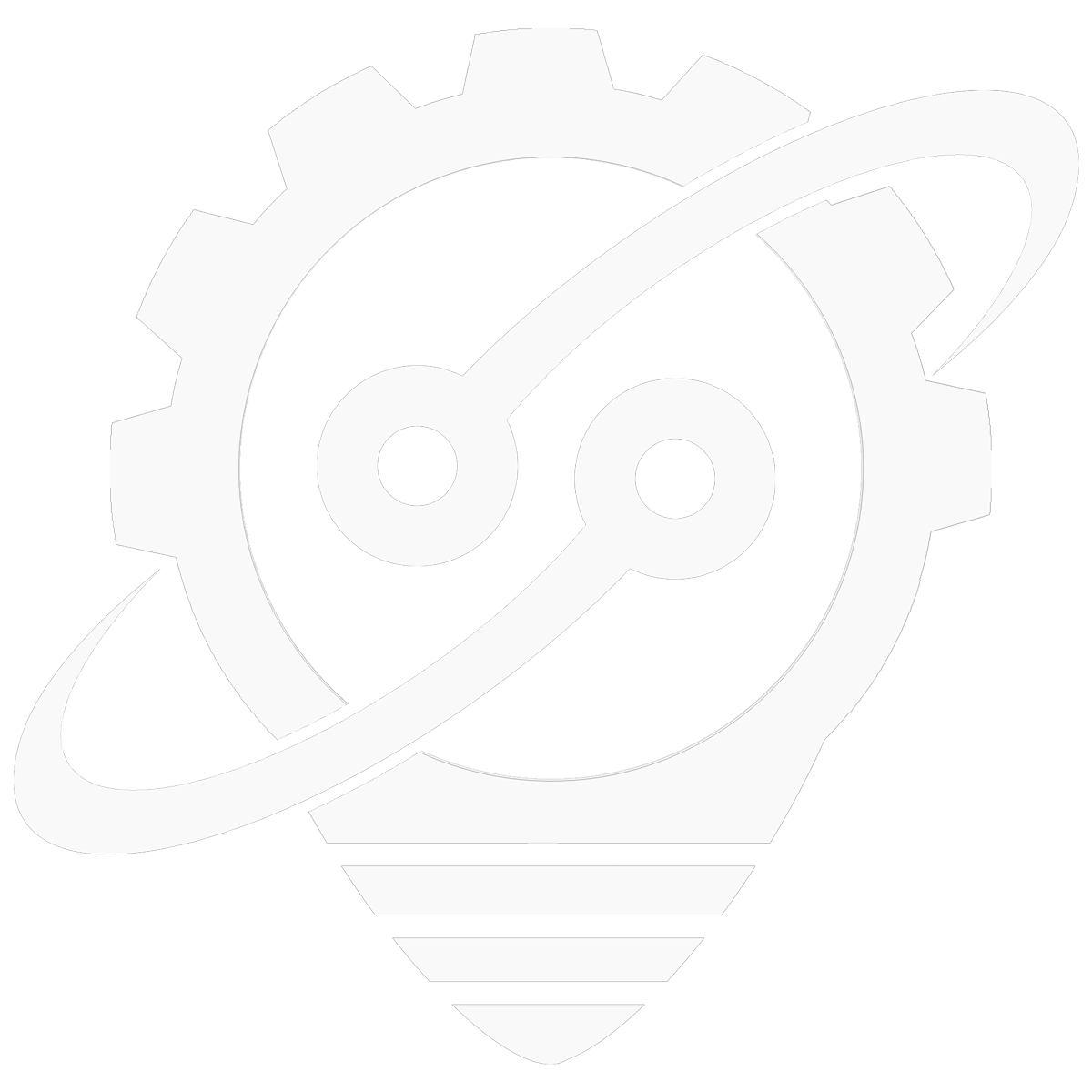
In the evolving landscape of adult education, trainers are not just facilitators of knowledge, they are catalysts for inclusion, empowerment, and transformation. As industries shift and workforce needs diversify, vocational educators must be equipped to support learners from all walks of life, particularly low-skilled workers navigating career transitions.
The DEMANDS project set out to understand exactly what trainers need to succeed in this role. Through our needs assessment, we gathered valuable input from educators and VET providers across Europe. Their feedback reveals both the challenges they face and the support they seek in preparing learners for an inclusive and intercultural workforce.
Communication as a Cornerstone of Effective Training
A key takeaway from the assessment is that trainers view communication skills and intercultural competence as fundamental, not optional. In multicultural classrooms and diverse work environments, the ability to navigate language barriers, cultural norms, and social dynamics is essential. Trainers recognize this reality and are eager to enhance their own capacities to guide learners in developing these vital soft skills.
However, it’s not just about teaching communication, it’s about modelling it. Trainers want to create safe and respectful learning environments where all participants feel heard, valued, and supported.
Real-World Challenges in the Training Environment
Despite their commitment, trainers face numerous obstacles that can undermine effective teaching:
- Language and cultural differences that create misunderstanding
- Rigid institutional structures that limit flexibility
- Lack of digital tools or support for online and blended learning
- Limited time to develop or adapt materials tailored to diverse learners
These constraints highlight the urgent need for practical support, innovative tools, and modern pedagogical strategies.
What Trainers Want from Future Programs
The trainers we surveyed were clear in their preferences: they value experiential, learner-centered approaches. Methods like role-playing, scenario-based exercises, and real-life simulations help learners build communication skills that are both practical and transferable to the workplace.
There was also strong demand for digital upskilling, not just for learners, but for trainers themselves. They want training that helps them navigate e-learning platforms, design engaging content, and reach learners across digital divides.
Additionally, trainers emphasized the need for multilingual learning tools, adaptive assessment methods, and materials that are inclusive of different cultural perspectives and backgrounds.
Supporting Those Who Support Others
At its core, this is about recognising the role of trainers as change agents. Their work shapes how learners engage with education and how prepared they are to meet the demands of a changing world.
By listening to their insights, the DEMANDS project aims to deliver resources that empower trainers, enhance the quality of adult education, and ultimately strengthen the pathways to inclusion and employability for low-skilled workers.
Next Steps
The results of the needs assessment are shaping how the DEMANDS platform and training materials are being developed. We’re working to ensure that trainers receive the tools, training, and content they need to deliver effective, inclusive learning experiences.
In our next post, we shift focus to the other side of the equation, exploring what low-skilled workers themselves need to succeed in today’s workplace.
Stay tuned for the next posts on:
DEMANDS Project
DEMANDS is an EU-funded Erasmus+ project designed to upskill workers, enhance intercultural communication, and support workforce inclusion during the energy transition.
Project materials
Discover our collection of posters, leaflets, branding assets, and more—all designed to communicate the mission and impact of DEMANDS. Download, share, and join us in spreading the word about empowering workers and fostering inclusion in the energy transition.


